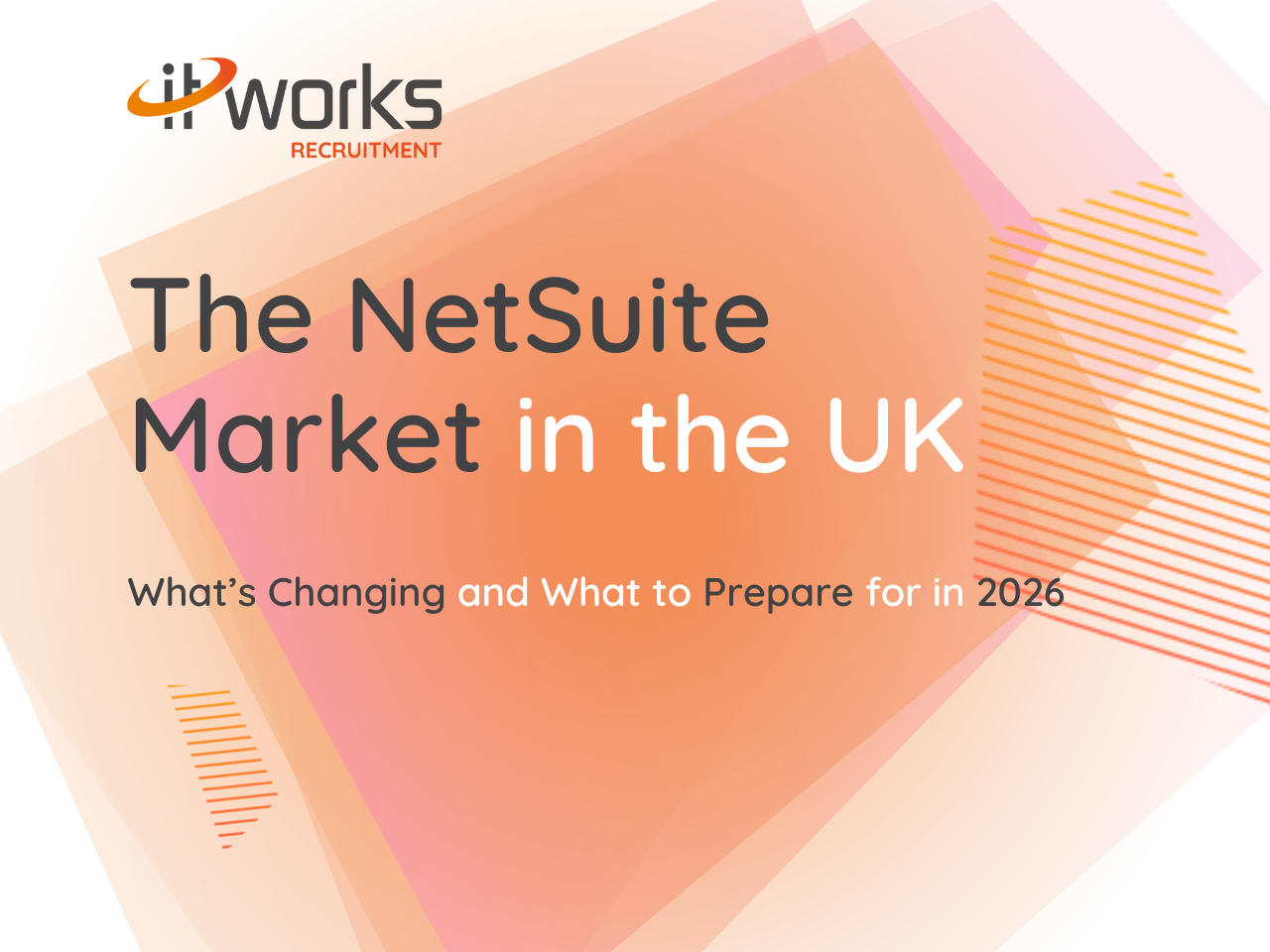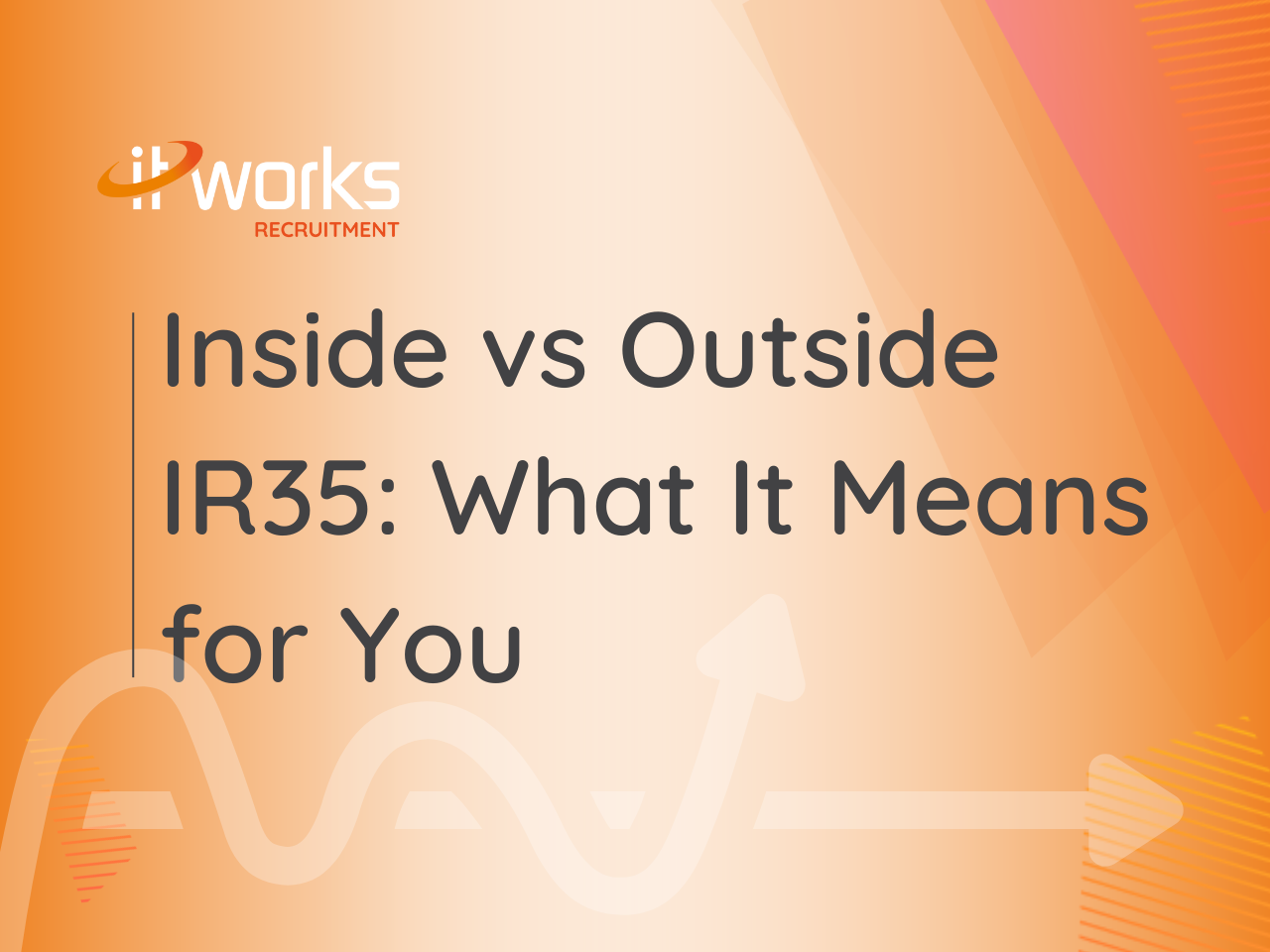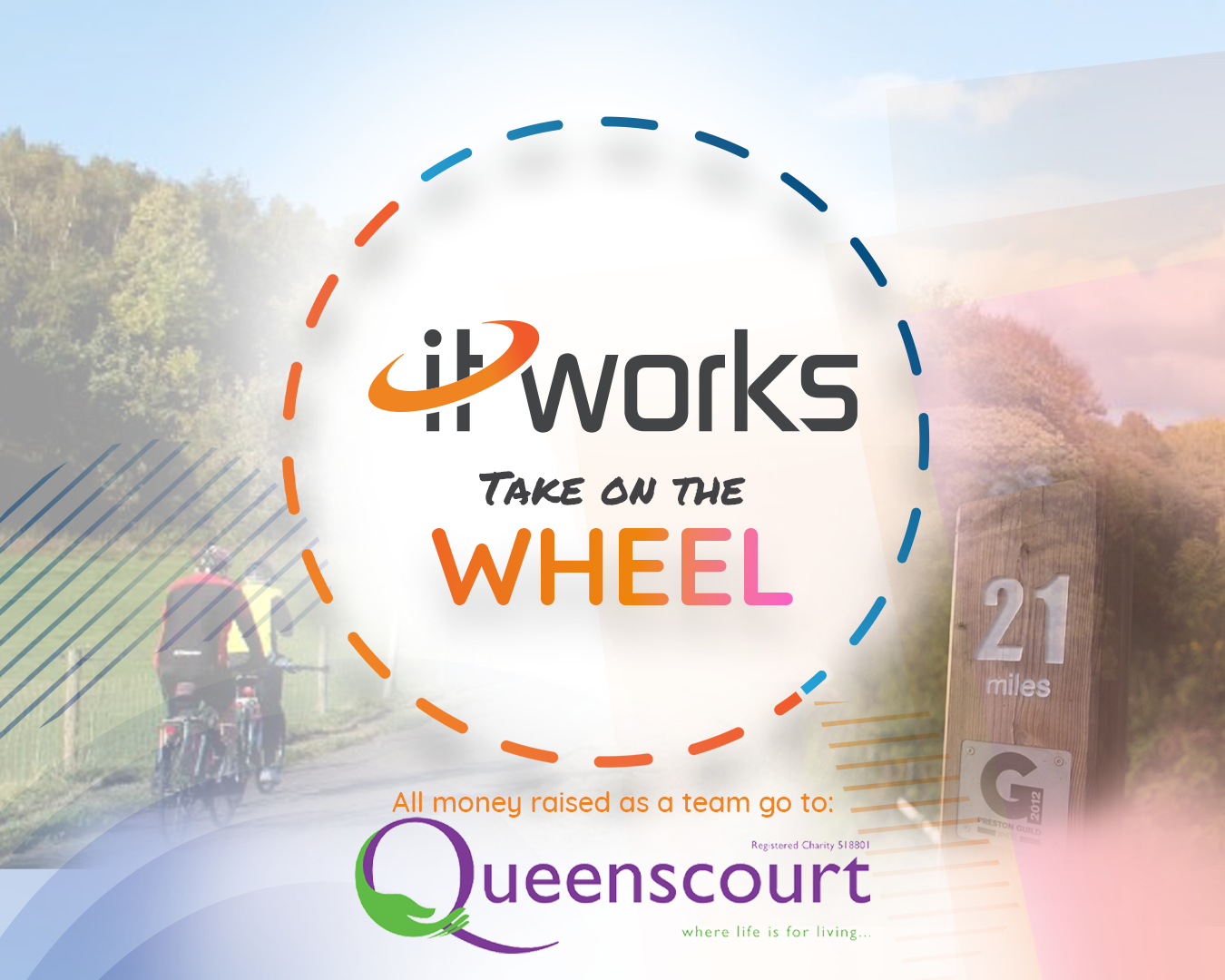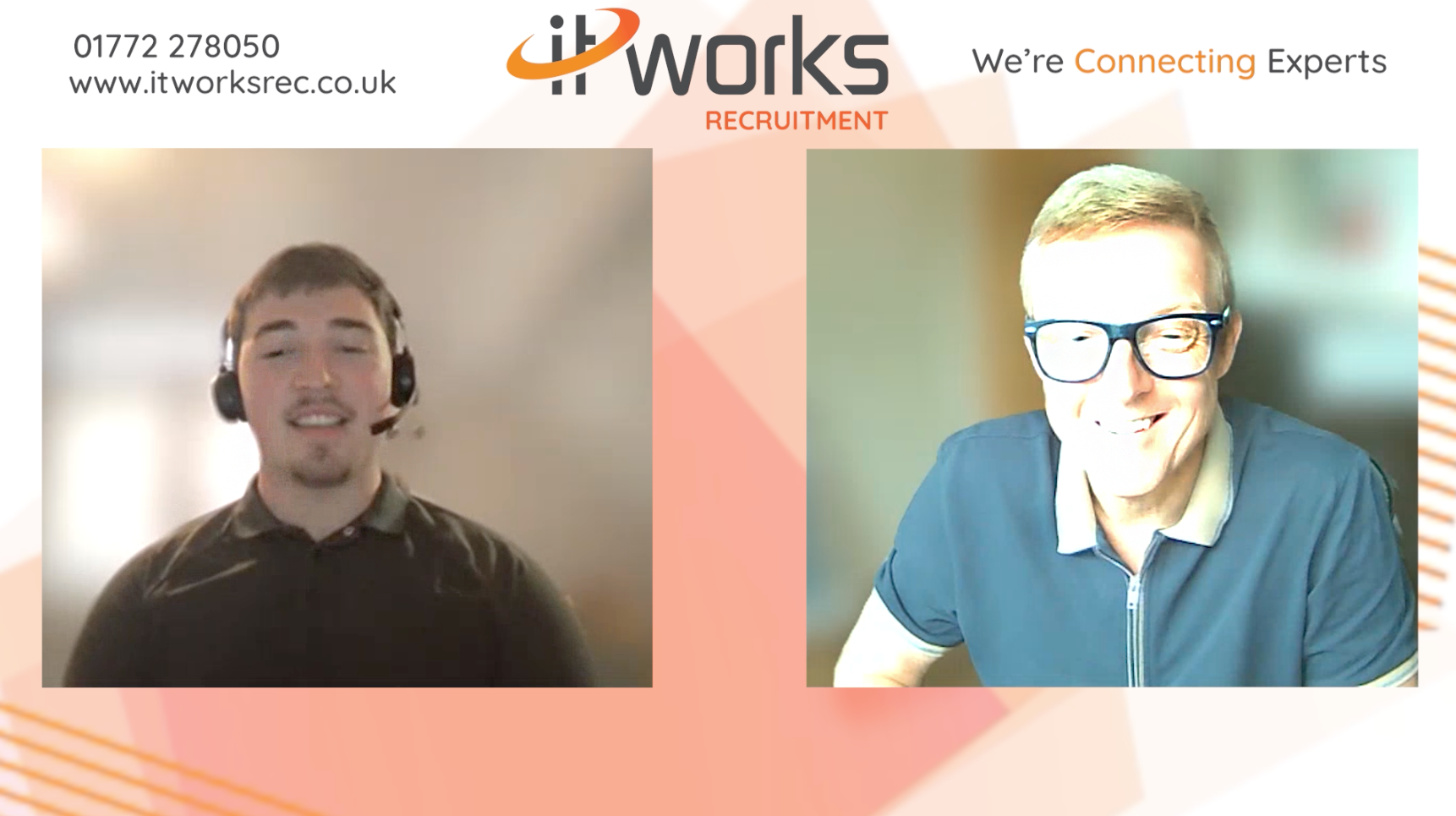How to Perform an Interview
Over the past couple of years, the rise in remote interviews has meant that recruitment consultants (like me) find ourselves sometimes sitting in on an interview, staying in the background but watching how it all unfolds. I’ve realised that for the most part, people have to teach themselves how to perform an interview when they’re first in charge of hiring.
Here are some top tips that novice interviewers might benefit from, taking techniques from some of the experts I’ve seen.
If You Don’t Prepare, You Prepare to Fail
I know that sometimes there isn’t time to do much, but a job interview is a lot easier when you’ve prepared for it. Partly that means reading a candidate’s CV and making sure you know enough about their history to ask important questions.
It might also mean having a list of ‘control’ questions, key discussion points that you’ll be touching on with each candidate consistently. This gives you some areas where you can directly compare the candidates afterwards.
You should also pay attention to what the CV doesn’t talk about. In a candidate’s summary of key skills and responsibilities for a given job, is there anything you’d expect to see that isn’t there? This might be an oversight or it might be something the candidate isn’t confident with. Is that something you’re prepared to support?
Beginning the Interview
Once you’ve done your preparation, it’s time to put it all into practice. Make sure you have enough time free on your schedule for the interview (and bear in mind, they do sometimes overrun) to cover everything you need to make your decision.
If you’re interviewing in person, the odds are good that you’re not the first person in your organisation your candidate will speak to. The way they conduct themselves before you arrive is as big a clue as anything in the interview itself about how they’ll fit in with your team, so talk to whoever greets them afterwards and get their opinions.
In the same vein, remember that an interview sends information in two directions. Your candidate should be presenting themselves as positively as possible; you should be doing the same – by which I mean your premises. Make sure your place of work looks like somewhere you want to work!
During the Interview
Do your best to put the candidate at ease during introductions. Whatever tone you set at this point will influence the candidate’s behaviour through the rest of the discussion, so a positive atmosphere is very helpful in getting clear answers.
Start proceedings with an overview of the interview’s goals; you may feel like both sides know, but spelling it out works as a way to focus answers in the direction you want.
After that, move on to your business and how the job fits into it. This is a chance to give a little more information than you would put into a job description, but more importantly it’s a chance to give your perspective on your company and your role.
If there’s a point in the interview that’s the focus of you selling the role to your candidate, this portion is it.
Now the candidate is thinking along the lines you want them to be, it’s time to start getting answers from them. There are two basic approaches to this; you can start off with your list of general questions and slowly zero in toward the specifics, or you can give them an open question like “Tell me about yourself” and let that naturally guide the conversation in specific directions.
In either case, you should keep your list of questions in mind. When you think you have enough on a given topic, ask a question that will bring the discussion back to an area you want to know more about. Whether you’re keeping to a question-and-answer model or steering a conversation, you still need to get all the answers you’re looking for by the end of the interview.
When you feel you have everything needed from your side, don’t just bring the interview to an immediate close. Invite the candidate to ask questions. Partly this is another chance to sell them on the role, but you can also learn more about them from what questions they ask.
As you’re wrapping up, give the candidate an idea of the shape of the interview process. They’ll want to know how long it might be until a follow-up interview or a decision and giving them that information helps them feel bought into the process. In the current climate, I’d also say you should keep the timeline as short as is feasible – many clients are missing out on great candidates because someone else made the first offer!
Before you can get to an interview, though, you need the clients. Reach out to the team and our experts for your market, and we will help you find the best pre-qualified candidates we can offer.




